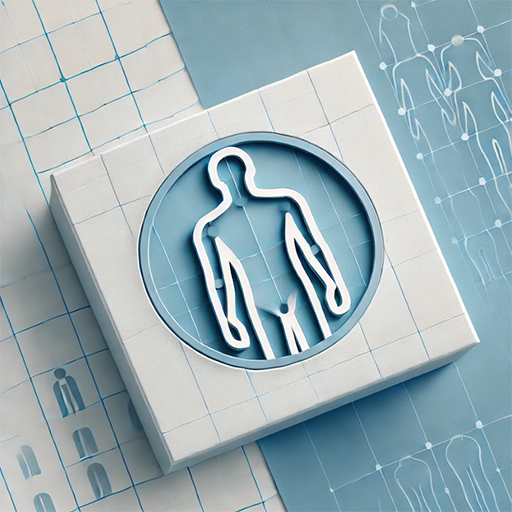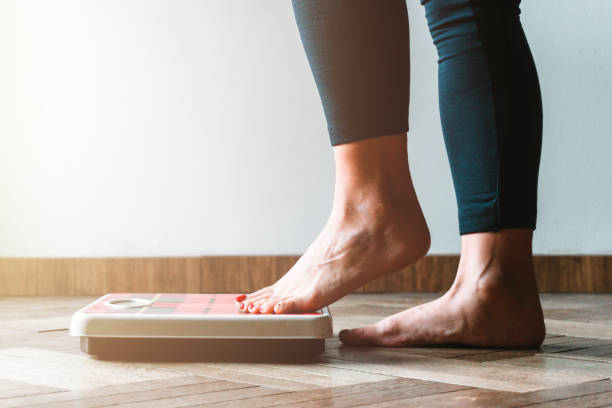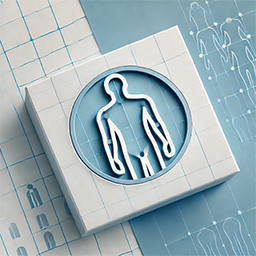Trying to lose weight but not seeing results? You’re not alone. Many people feel frustrated when the scale doesn’t budge, even after making healthy changes. Eating better and exercising are important, but they’re only part of the picture.
Weight loss is also affected by your body’s unique makeup, daily habits, sleep, and stress levels. If you’re doing everything “right” and still not losing weight, other hidden factors might be slowing you down.
In this post, we’ll explore 10 surprising reasons why you might not be losing weight — and what you can do about them. Each one is backed by science and offers simple tips you can start using today. With the right changes, you can get back on track and finally start seeing real progress.
1. You’re Eating “Healthy” Foods — But Too Much of Them
It’s smart to replace junk food with healthier options like nuts, avocados, and whole grains. These foods are full of nutrients and can support your overall health. But remember, even healthy foods still have calories. If you eat more calories than your body uses, you won’t lose weight — even if your diet is clean and full of good choices.
What to Do:
- Watch your portion sizes
- Read nutrition labels
- Track your food intake using apps like MyFitnessPal or Lose It!

2. You’re Not Getting Enough Sleep
Sleep plays a big role in how hungry or full you feel. When you don’t get enough rest, your body makes more ghrelin — the hormone that makes you feel hungry. At the same time, it makes less leptin, the hormone that helps you feel full. This hormone shift can lead to overeating and weight gain, even if you’re eating healthy.
According to the CDC, adults should get at least 7 hours of sleep each night to stay healthy. Getting enough rest helps your body recover, supports your metabolism, and can even make weight loss easier.
How to Improve Sleep:
- Go to bed at the same time each night
- Avoid screens at least an hour before bed
- Make your bedroom dark and cool
3. You’re Not Drinking Enough Water
Drinking enough water can help you feel full, eat less, and may even give your metabolism a small boost. Sometimes, your body mixes up the signals for thirst and hunger. This can lead to extra snacking when what you really need is a glass of water. Staying hydrated helps control cravings and supports your weight loss goals.
Quick Tip:
Drink a glass of water before each meal. It’s a simple habit that can help you feel fuller and eat less without much effort. Staying hydrated also supports digestion and can reduce the urge to snack.
4. You’re Underestimating Calories
You might believe you’re eating 1,500 calories a day — but are you sure? Hidden calories can sneak in from sauces, salad dressings, cooking oils, and sugary drinks. These extras add up quickly and can throw off your progress without you even noticing. Tracking everything you eat can help you stay on target.
Studies show that many people underestimate how much they eat each day — sometimes by as much as 30%. That’s a big gap, and it can be enough to stop weight loss altogether. Even small misjudgments can add up over time and make it harder to reach your goals.
How to Be More Accurate:
- Use a food scale for portion control
- Log everything — even bites and sips
- Be honest with yourself
5. You’re Stressed Out
Chronic stress triggers your body to release cortisol — a hormone linked to weight gain. When cortisol levels stay high, your body gets the signal to hold on to fat, especially around your belly. Over time, this stress response can make it harder to lose weight, even if you’re eating well and staying active.
Stress can also lead to emotional eating, which makes weight loss harder. When you’re feeling overwhelmed, you might reach for sweets, chips, or other comfort foods without even realizing it. These quick snacks can become a habit and add extra calories your body doesn’t need.
Ways to Manage Stress:
- Try deep breathing or meditation
- Take a short walk outside
- Talk to a friend or therapist
Learn more about how stress affects your weight from Harvard Health.

6. Your Workouts Are Not Effective Enough
Just showing up at the gym doesn’t always mean you’re burning a lot of calories. If your workouts are low in intensity, they might not be enough to create the calorie deficit needed for weight loss. To see real results, you may need to add more movement, pick up the pace, or try different types of exercise.
Doing the same workout every day might feel easy, but it can slow your progress over time. Your body gets used to the routine and becomes more efficient, which means you burn fewer calories. To keep seeing results, try mixing up your workouts with new moves, higher intensity, or different types of exercise.
Try This Instead:
- Mix in strength training to build muscle
- Add high-intensity interval training (HIIT)
- Switch up your routine every few weeks
7. You’re Not Moving Enough During the Day
You might be working out for 30 minutes a day, but what about the other 23.5 hours? If you’re mostly sitting or not moving much outside the gym, it can slow your progress. Staying active throughout the day — like walking more, standing up often, or doing light chores — can help boost your calorie burn.
Sitting for long periods can cause your metabolism to slow down, making it harder to lose weight. That’s why it’s important to stay active during the day — not just when you’re working out. Simple actions like standing up, stretching, or walking around can help keep your body burning calories.
Easy Ways to Move More:
- Take the stairs instead of the elevator
- Walk during phone calls
- Use a standing desk
8. You Have an Undiagnosed Medical Condition
Some health problems can make weight loss more difficult, even if you’re eating well and exercising. These include:
- Hypothyroidism
- Polycystic ovary syndrome (PCOS)
- Insulin resistance
If you’re doing everything right and still not losing weight, it may be time to talk to your doctor. Sometimes, an underlying health issue is to blame. A simple blood test can check for problems like thyroid issues or hormone imbalances that could be affecting your progress.
9. You’re Relying on Diet Alone
Exercise is important — not just for burning calories, but for your overall well-being. It helps you keep muscle, lift your mood, and support heart and brain health. Staying active also helps you feel more energized and stick to your weight loss goals.
If you’re only cutting calories without adding movement, your weight loss may slow down. Even worse, you might lose muscle instead of fat. Exercise helps protect your muscle, boost your metabolism, and burn more fat — making your efforts more effective.
Aim for:
- At least 150 minutes of moderate exercise each week
- Strength training twice a week
- Activities you enjoy so you’ll stick with them
10. You’re Not Giving It Enough Time
We live in a world full of quick fixes and fast results. But when it comes to weight loss, real and lasting change doesn’t happen overnight. It takes time, consistency, and patience to see results that stick.
If you expect fast results, it’s easy to feel frustrated and give up when progress is slow. But in reality, losing 1–2 pounds per week is a safe and healthy goal. This steady pace helps you build habits that last and makes it easier to keep the weight off for good.
Stay Consistent:
- Focus on progress, not perfection
- Celebrate small wins
- Don’t compare your journey to others

Bonus Tip: Your Mindset Matters
Your mindset matters just as much as your meal plan when it comes to losing weight. If you’re often negative, impatient, or too hard on yourself, it can hurt your motivation. This stress can lead to emotional eating and make it harder to stick to healthy habits. A positive mindset can help you stay focused and move forward.
Practice Positive Self-Talk:
- “I’m making progress, even if it’s slow.”
- “Every healthy choice counts.”
- “This is a journey, not a race.”
Final Thoughts: You Can Lose Weight — With the Right Plan
Weight loss isn’t only about eating less or exercising more. It’s about knowing how your body works, building healthy habits, and staying consistent over time. Making smart, lasting changes is the key to seeing real results and keeping the weight off.
If you’re not losing weight, don’t lose hope. Take a step back, look at the full picture, and see where you can make changes. Even small adjustments to your habits can lead to big results over time. Stay patient, stay consistent, and keep moving forward.
Ready to Take the First Step?
Let’s do this together! Start by picking one small habit you can improve today. It could be drinking more water, adding a short walk to your day, or going to bed a little earlier. One simple change can be the first step toward bigger success.
What’s your biggest challenge with weight loss? Share in the comments below — I’d love to hear from you and help out!



